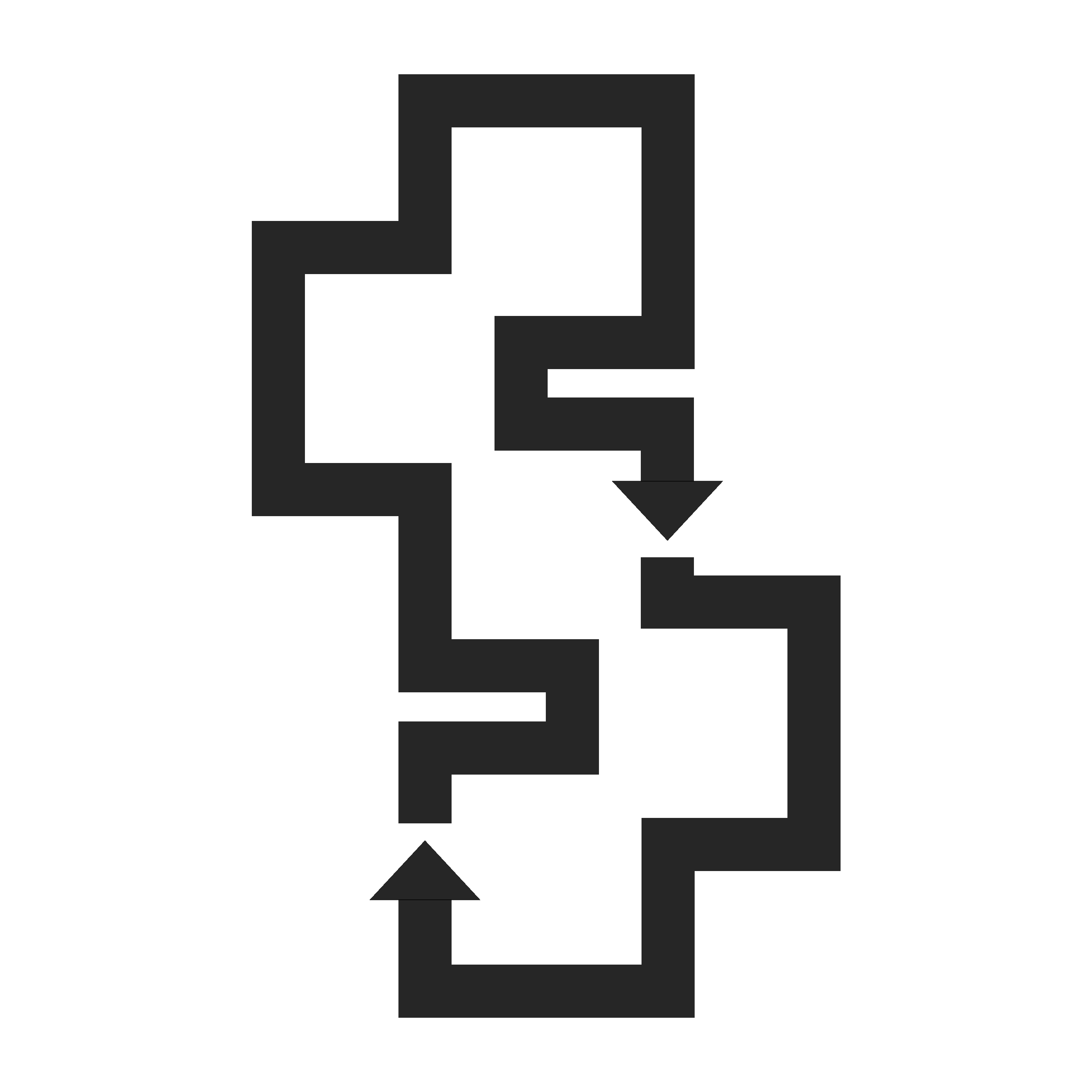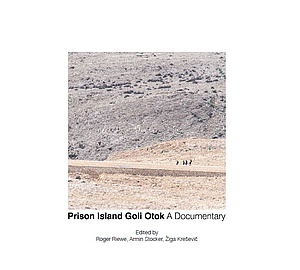Prison Island Goli Otok. A Documentary
Armin Stocker/Roger Riewe/Žiga Kresević (eds.)
Graz: Publishing Company of Graz University of Technology, 2016
English, 183 pages, paperback
ISBN 978-3-85125-445-7
EUR 19.00
Goli Otok – the naked island – was the gulag of the Tito regime. After Tito had detached from the Soviet Union, Yugoslavia was an authoritarian country where Stalin was to be opposed. Those who rejected his system disappeared to a place where people became prisoners and prisoners turned into each other’s worst enemies. People were brought to the island without court processes. Within sight of the holiday island Rab they were deprived of their individuality and, in many cases, also of their lives.
In spring 2014 supervisors and students of the Faculty of Architecture of Graz University of Technology took a trip to Goli Otok exploring the history and experiencing the atmosphere of the place. The absence of any documenting remembrance culture on the island and the relation between the present and past state led to different attitudes and approaches.
Thus, by what means can architecture professionals and scientists contribute to a persistence of past events in the future? On the basis of architectural interventions the aim was to preserve and simultaneously anchor what happened in the present in order to move on without forgetting.
This book collates and identifies different methods and ways of working with the spatial and temporal components of fading and preservation, supposing that dealing with memory may be the memory itself.
Roger Riewe is professor for structural engineering and design and heads the Institute of Architekture Technology, where Armin Stocker and Žiga Kresević work as university assistants.

